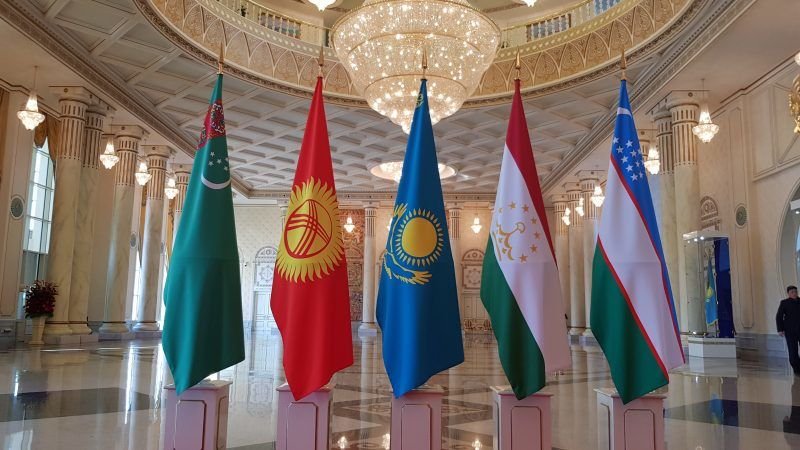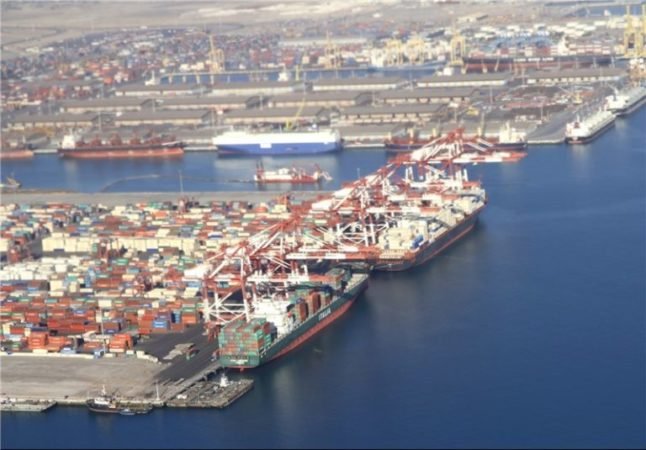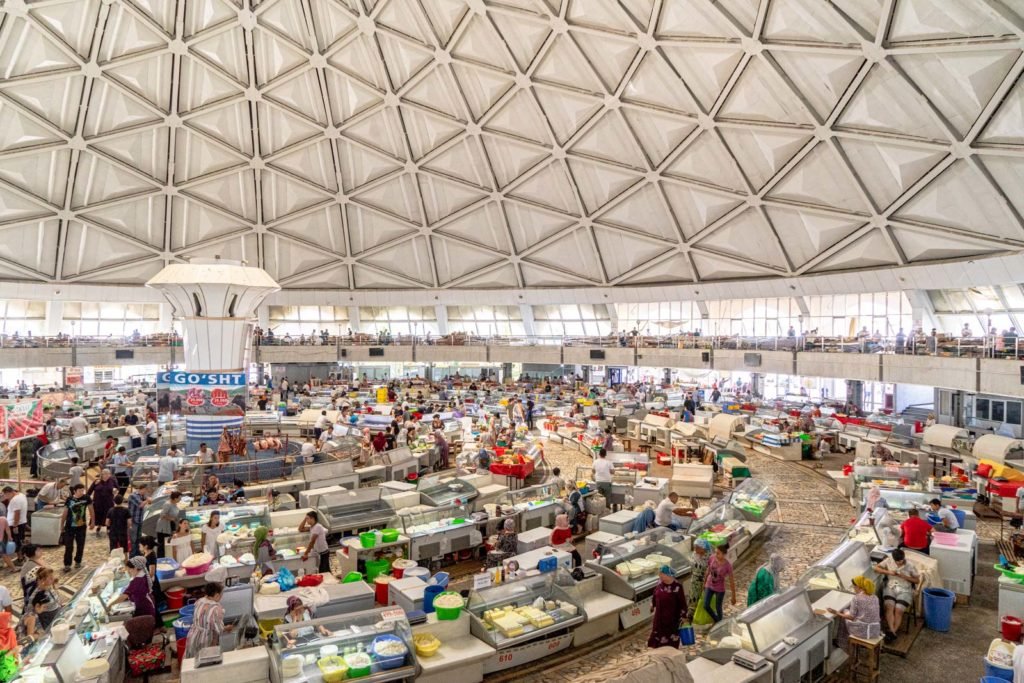India’s Overture to Central Asia amid Covid Pandemic

India is looking at many options to ensure that the Central Asian countries remain closer to the former in order to keep a revisionist China under watch, witnessed through India holding consultations with CIS countries to enhance ties during the pandemic.
Background
Due to the pandemic, PM Modi couldn’t go on his foreign tours to pitch and narrate his country’s diplomacy through his good oratory skills. This year, in general, has been a very important period for India reaching out to Central Asian countries through regular virtual meetings and MoU signing which it had with Kazakhstan, Uzbekistan, Turkmenistan plus many other members pleading, to get access to the Chabahar port for proper connectivity in order to ensure smooth movement of goods, the supply of pharmaceuticals, free trade.
The CIS countries have faced really serious consequences due to the Wuhan virus, impacting the oil trade where China is a major player in the region. Lockdowns this year, has had a serious impact on tourism, employment and manufacturing sectors. The former Soviet members are still lacking unity and coordination making it difficult for food supplies and other services to move across borders during curbs imposed by governments.

China’s Assertiveness In CIS
Many meetings were initiated by the Indian side in the aftermath of the Shanghai Cooperation Organisation Summit, where China was asserting itself as an aid provider to weaker countries amid pandemic where India was opposed to this idea due to the Pakistan nexus with regards to CPEC and the Ladakh skirmish which are, of course, strategic threats and security concerns which no one cares because of hopes coming through Chinese incentives.
The real insecurity of China can’t be seen because it needs to put these countries on a loop in order to handle the Uyghur situation in Xinjiang in order to tackle any insurgency or terrorism activities. According to Susan A Thornton, from Brookings, Beijing has been using soft power to influence these countries to tackle its own problems whether through providing hopes of development, educational exchanges to deter any forms of nationalism to come in its way at a time when many CIS countries have raised red flags by accommodating Uighurs 2009 onwards creating suspicion in China. These concerns have been seen as proper justifications for CIS countries to keep options open with regards to nudging ties with countries such as India.
The Chabahar Strategy
CIS countries are focussing on establishing connectivity through the Chabahar port at a time when China’s rise is increasing in the region through the BRI, the transition of power in the United States is putting a question with respect to maintaining relation with Iran at stake. Chabahar is strategic not only for India and CIS but also for Russia and Afghanistan, which makes this port a gateway to Eurasia. It is also important to ensure good relation with CIS since they act as a bridge in economics or connectivity with regards to India’s relations with Afghanistan.
Due to border disputes with Pakistan, it is difficult to carry out trade with Afghanistan due to which, currently, trade with the latter and CIS takes place through Turkmenistan and Bandar Abbas, in Iran. Uzbekistan has recently tried to establish a freight railway line between Hairaton and Tashkent but it hasn’t been properly used, according to an Indian Council of World Affairs report. This route could prove beneficial to the Chabahar Corridor since this could even connect India’s Nhava Sheva port, in Mumbai.
For New Delhi, Chabahar is a strategic project, since it could give benefit to the Western coast through the efficient and quick movement of oil vessels. It could also be a balance to the Gwadar port, which Beijing and Islamabad are aiming to attract military as well as strategic benefits. There have been multiple delays in these projects because of American sanctions on Iran or inefficiency in land connectivity and transportation.

India’s Outreach towards CIS
India, this year has taken advantage of its own problems through building ties with various CIS members, witnessed through the Central Asia Dialogue this year along with the recent meetings with Uzbekistan where India pledged to provide USD$ 448 million line of credit on development projects in road connectivity, information technology.
Important MoU’s were signed with Tashkent for furthering education and academic exchanges, support usage of renewable energy, increased business to business cooperation where Indian business leaders could play a leading role in developing relations with the businessmen from the other side , essential for win to win cooperation. In the recent CIS Dialogue, USD$ 1 billion Line Of Credit was provided for projects in each of the CIS countries in developing the education, IT and the agricultural sectors.
With regards to using soft power tools, India hasn’t left them at all even with CIS countries. In the recent dialogues, there has been a high emphasis on holding frequent dialogues at a higher level, hold regular events through with Central Asian Cultural Centres in collaboration with Indian Council for Cultural Relations. Tourism, an industry which has also been impacted severely by the pandemic globally, had also been given a lot of priority where visa processes are aimed to become easier, student exchanges through establishing partnerships with universities which could be seen in the case of renowned Indian universities planning to open branches in Uzbekistan.

Concluding Points
In many ways, the flow of Chinese goods and ideas can be limited if India increases its outreach properly in order to fill the gaps in the region so that the CIS is not dependent on one superpower for its needs. India could boost its image and attract foreign investors through a connection between business professionals, for promoting Make In India and Aatmanirbhar Bharat initiatives. Even, cooperation with CIS countries could prove useful if India takes advantage of such opportunities of providing support in times of need like the way it did with respect to its neighbours recently for ensuring Security and Growth For All!


















